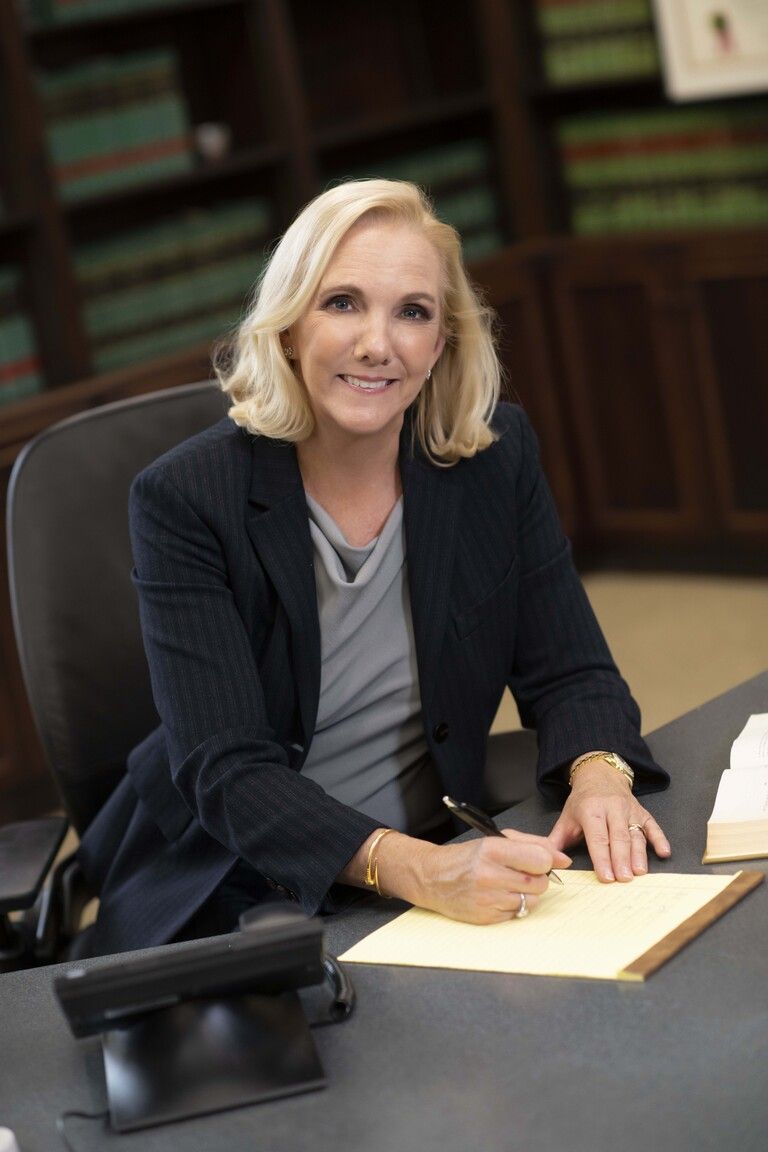
Colleges and universities should be safe havens for students, staff, and visitors. Yet, the harsh reality is that sexual abuse can and does occur within these institutions every day. Many victims wonder what happens next when faced with such a traumatic experience. Can you sue a university for sexual abuse?
The answer is yes, you can. However, there are complexities and nuances, like any legal matter, and specific laws vary by state. Read on to learn more about sexual assaults and how to sue a university for negligence.
Sexual Assault on College Campuses Is a Growing Problem
Sexual abuse on college campuses is more prevalent than many people realize. Attacks also go unreported for a variety of reasons. According to the Rape, Abuse & Incest National Network, 13% of all undergraduate and graduate students experience a sexual assault or rape through violence, incapacitation, or physical force.
Most sworn campus law enforcement officers have the legal authority to arrest the perpetrator, even off campus grounds. But criminal and civil cases differ in many respects. So even if your attacker is arrested and charged with a criminal offense, it does not preclude you from suing the university.
What Is the Basis to Sue a College for Sexual Assault?
Depending on the circumstances, you might have several different avenues of recovery. The top three are negligence-based claims, Title IX violations, and breach of contract.
The concept of negligence is at the heart of many lawsuits against educational institutions. Essentially, if a college failed in its duty to provide a safe environment or didn’t take reasonable measures to prevent sexual abuse, it could be found negligent.
Title IX of the Education Amendments of 1972 is a federal law that prohibits sex-based discrimination in federally funded education programs and activities. Universities that do not take appropriate action in response to sexual abuse complaints might be in violation of Title IX.
When students enroll in a university, they enter into an agreement (often implicit) with the institution. If the university does not live up to its stated obligations, such as ensuring student safety, there may be grounds for a breach of contract claim.
Things to Consider When You Sue a College for Negligence
To successfully sue a college for a negligence-based claim, you need to establish the following elements:
- The university owed you a duty of care. That means the institution was responsible for taking reasonable precautions to ensure its students’ safety and well-being.
- There was a breach of that duty. You must demonstrate that the university failed in its obligations through action or inaction.
- There is a direct link. There should be clear evidence linking the university’s negligence to the incident of sexual abuse.
- You must have verifiable damages. The victim must have suffered harm (emotional, physical, or financial) as a result of the abuse.
You must remember that negligence laws vary by state, and negligence-based sexual assault claims can be challenging to prove. That is why you want to hire a skilled and experienced sexual assault lawyer who can protect your rights.
Consider the Statute of Limitations
It’s crucial to remember that statutes of limitations apply in these matters. These laws determine the time frame you have to file a lawsuit. Dates vary by the type of lawsuit and the state within which you’re filing. And if you’re filing a federal Title IX claim, you have different legal deadlines to monitor. Therefore, it’s crucial to act promptly and consult legal counsel to understand your rights and the timelines that apply in your specific case.
Why Choose Gerling Law?
Victims of sexual abuse at a university are typically left to navigate the aftermath alone. Educational institutions should nurture and support students, but some universities and colleges do not take legal responsibility when something traumatic like this happens to a student.
While you can sue a university for sexual abuse, there’s no guarantee you will recover any money. A successful lawsuit is directly linked to the skill of the lawyer you hire. Here are some ways Gerling Law stands out compared to other sexual assault lawyers.
- Empathetic guidance—we understand the profound emotional turmoil victims experience. Our team approaches each case with deep compassion as we work to ensure you feel heard and supported.
- Decades of legal experience—with extensive experience serving Indiana and Kentucky communities, we bring comprehensive knowledge and the skills to navigate the intricacies of these claims.
- Focused on rightful justice—beyond compensation, Gerling Law champions the cause of creating safer environments within educational institutions. By holding universities accountable, we strive to foster change and deter negligence.
- Unwavering commitment—“Go with Experience. Go with Gerling®.” This mantra underscores our dedication as we stand by you, advocating fiercely for your rights and ensuring the legal process is as smooth and stress-free as possible.
If you need assistance in Indiana or Kentucky following a sexual assault at your college or university, contact Gerling Law Injury Attorneys today. Let us review your case and help you decide on the best legal options.

